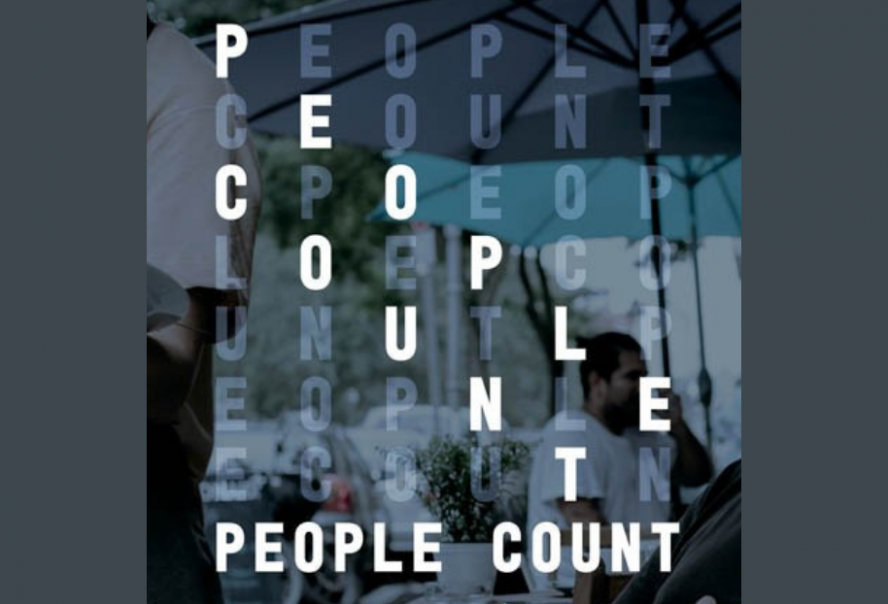-

Hear from Professor Monica Toft
Learn how Professor Monica Toft is shaping the study of global affairs and diplomacy at Fletcher.
Hear from Prof. Toft -

Explore Fletcher academics in action
Fletcher Features offers insights, innovation, stories and expertise by scholars.
Get global insights -
Get application tips right from the source
Learn tips, tricks, and behind-the-scenes insights on applying to Fletcher from our admissions counselors.
Hear from Admissions -

Research that the world is talking about
Stay up to date on the latest research, innovation, and thought leadership from our newsroom.
Stay informed -
Meet Fletcherites and their stories
Get to know our vibrant community through news stories highlighting faculty, students, and alumni.
Meet Fletcherites -

Forge your future after Fletcher
Watch to see how Fletcher prepares global thinkers for success across industries.
See the impact -

Global insights and expertise, on demand.
Need a global affairs expert for a timely and insightful take? Fletcher faculty are available for media inquiries.
Get in Touch
People Count: Contract-Tracing Apps and Public Health
Professor Susan Landau offers an introduction to the technology of contact tracing and its usefulness for public health, considering questions of efficacy, equity, and privacy.

Susan Landau is bridge professor in cybersecurity and policy, and splits her time between Fletcher and Tufts University's School of Engineering (as a professor of Computer Science). She is the director of the MS in cybersecurity and public policy and works at the intersection of cybersecurity, national security, law, and policy.
What questions does your research address?
With COVID-19, we have faced a medical crisis but also a social one, with the disease making clear the deep inequities within society. The coronavirus spreads when people are in close proximity, especially indoors. Containing the spread of the disease is particularly difficult given that people are infectious prior to being symptomatic (and some people are infectious but remain asymptomatic). Digital tools, especially smartphones, are potential tools for determining exposure and thus enabling people to isolate when they may be infectious. How do they work?—and are they effective.
In this book, Professor Susan Landau discuss how manual contact tracing works, what is most effective, and how digital tools determine proximity. She discusses the privacy concerns of using digital-proximity checking tools. A 1993 National Academies study on the social impact of AIDS observed that “An epidemic is both a medical and social occurrence.” Professor Landau discuss the equity issues raised by using digital proximity-checking tools, and what policy rules should guide their use for protecting us all.
What are the primary findings?
With a disease that spreads as COVID-19 does through respiratory droplets between people, often before people are showing symptoms, it is tempting to turn to digital tools to inform people of exposure. Use of such tools raises important questions about privacy but also equity. This is not the last pandemic we will face. The next one will undoubtedly be different, but we need now to be making choices about the social and medical interventions we make. This book is intended to lay out the impact of those choices, enabling us to make sensible, ethical, and healthy ones for our society and the people in it.
Publication:
https://mitpress.mit.edu/books/people-count

